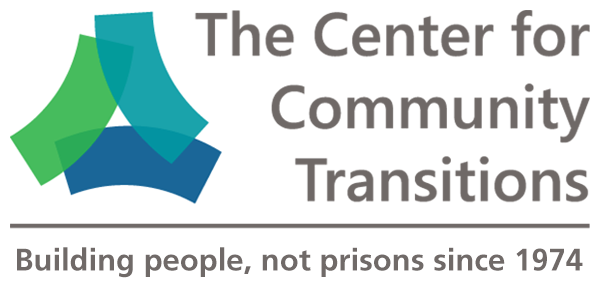Second Chance Employer Success Stories
CCT works closely with local businesses and companies, such as Bojangles, Genpak and Sabor Latin Street Grill, that have committed to hiring people with criminal records. Join our network of second chance employers by contacting Sherina Richard, LifeWorks! program director, at srichard@cctcharlotte.org or (704) 374-0762, ext. 3706.
Bojangles
From the company’s Corporate Social Responsibility: North Carolina Second Chance Initiative
“Bojangles employs more than 70 people through its partnership with the Center for Community Transitions, which helps people with past criminal convictions access jobs and find success upon returning to the community. CCT provides high-quality workforce readiness training, skill-building and ongoing support to prepare candidates to be high-performing employees.
As part of its Second Chance Initiative, Bojangles’ has joined the national movement to “Ban to Box” on its job applications and updated its background check and review process to reduce employment barriers for candidates. Since this Initiative began in 2019, we are proud to report a 75% lower turnover rate among Second Chance employees than the company average. Moreover, 14% of these employees have been promoted into management positions.”
Genpak
Q&A with Patrick Rorie, Corporate Recruiter for Genpak
What are some of the benefits of hiring formerly incarcerated individuals?
“In just about every situation, we have candidates who come in with a great attitude to learn the job quickly. They show up on time for their shifts. Some have moved onto other positions. In almost every case, they (also) have recommended a friend or family member to come apply as well.”
What advice do you have for employers that are considering hiring people with criminal records?
“It’s not always a home run. Some candidates come and this job isn’t for them, or something happens outside of Genpak’s walls that force them to look elsewhere. I am not aware of a time where they have re-offended. In fact, they are so appreciative that Genpak wants them to come onboard, they strive to do a great job.”
How does CCT's LifeWorks! program prepare potential new employees?
“Overall, it’s an excellent tool to get these folks back in the workforce with companies that want them as a part of their team. (The virtual job fairs are) well organized and move fluidly through the 30 minutes the employers take. I hear (CCT staff) make comments to the candidates about how to interview, prepare and present themselves. (All our candidates) have been very honest with what mistake they have made in the past. I don’t really discuss it with them, but I do thank them for being honest and forthcoming. Our background screenings point out what mistake they have made and we move on from there.”
Any stories to share about a LifeWorks! graduate?
“We had a young man who came immediately after one of the job fairs. His background screening took four weeks, which is much longer than normal. He had spent some time living in NJ and most of their government agencies were shut down due to COVID. He finally cleared, and I called him. He told me he had to take a job with Amazon, but wanted to come with us full time. He was just waiting on that call.
Since he has started, he has learned the position quickly, is a good team member to others and has begun to enact 5S in his area. That is a system of making sure your workspace is organized and the tools you need are in the places you need them to be. After they are used, they go back to their place. My hope is this will wear off positively on the other lines and team members.”
Sabor Latin Street Grill
Q&A with Miriam Espaillat, Director of Community Engagement at Raydal Hospitality, owner of Sabor and Three Amigos Mexican Grill and Cantina
How did Sabor start hiring second chance employees?
“As a company, we have a strong commitment to impact upward economic mobility for vulnerable populations in our community. Historically, we have employed community members from various agencies, including refugee communities, Deferred Action for Childhood Arrivals (DACA) and Temporary Protected Status recipients, and other re-entry program agencies.
We have a department dedicated to Community Engagement and have board representatives on Leading on Opportunity and Socialserve. We are committed to learning about social determinants of health that create barriers for community members and also seek how to be an agent of systemic change.”
What advice do you have for employers that are considering hiring people with criminal records?
“When I first started this work, I had my own fears and hesitations because of my own biases and stigmas about individuals with criminal records. However, as I educated myself and exposed myself to interacting with candidates and re-entry agencies, I was able to see beyond my own biases. I have been doing this work for over three years and I can say those fears were false.”
How does CCT's LifeWorks! program prepare potential new employees?
“Candidates from CCT are hard-working, eager to learn and grow with the company. They have been trained on soft skills and a set of tools that they can refer back to from what they learned in those classes. Being that people from re-entry programs face various obstacles, it is helpful they have access to case managers from CCT to help them navigate difficult situations. We have success stories where CCT referrals have moved to management and or supervisor roles.”
Sorry, we do not have any events scheduled at this time. Please check back soon.

